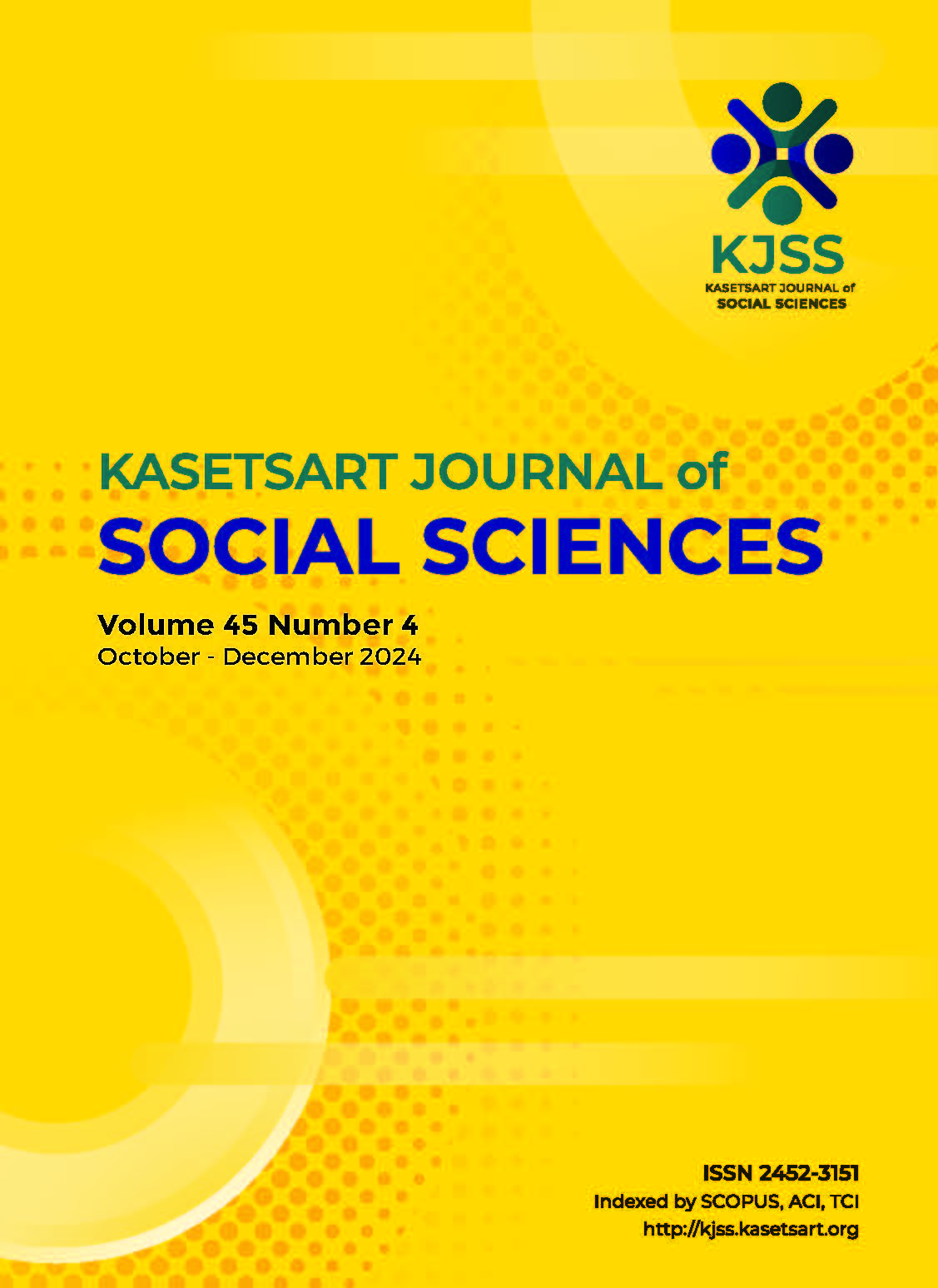Exploring dishonest behavior from the students’ perspective: Approaches to complementary exercises in undergraduate’s general physics course
Keywords:
dishonest behavior, doing complementary exercise, self-control, social learning, socialization, theory of planned behaviorAbstract
This study aimed to investigate the perspectives of undergraduate students regarding dishonest behavior when engaging in complementary exercises. It explored the causes, factors, and methods associated with such behavior and seeks to identify preventive and remedial measures to address this issue within undergraduate education. The qualitative research was conducted through in-depth interviews with eight students enrolled in the general physics II course during the first semester of the academic year 2020. These students provided insights into their experiences with displaying unfaithful behavior in educational settings. Prior to data collection, the research instrument, specifically the interview form, underwent a meticulous pilot testing phase, during which its questions were refined and enhanced to ensure clarity and relevance. The findings of the inductive content analysis revealed the following: (1) Dishonest behavior, such as copying and plagiarism, was prevalent among the participants; (2) Causes and factors contributing to dishonest behavior stemmed from personal motivations, external expectations, social pressures, economic factors, and perceived benefits; and (3) Prevention and mitigation strategies could be implemented through instructor adjustments, lesson content modifications, online teaching system improvements, and positive motivational approaches. The explanation for dishonest behavior in complementary exercises draws upon the theory of planned behavior, as well as additional theories such as social learning theory, self-control theory, and socialization theory. These theories not only shed light on the underlying causes and contributing factors of dishonest behavior but also offer insights into preventive and corrective measures for addressing this issue in undergraduate education.
Downloads
Published
How to Cite
Issue
Section
License
Copyright (c) 2024 Kasetsart UniversityThis is an open access article under the CC BY-NC-ND license http://creativecommons.org/licenses/by-nc-nd/4.0/










